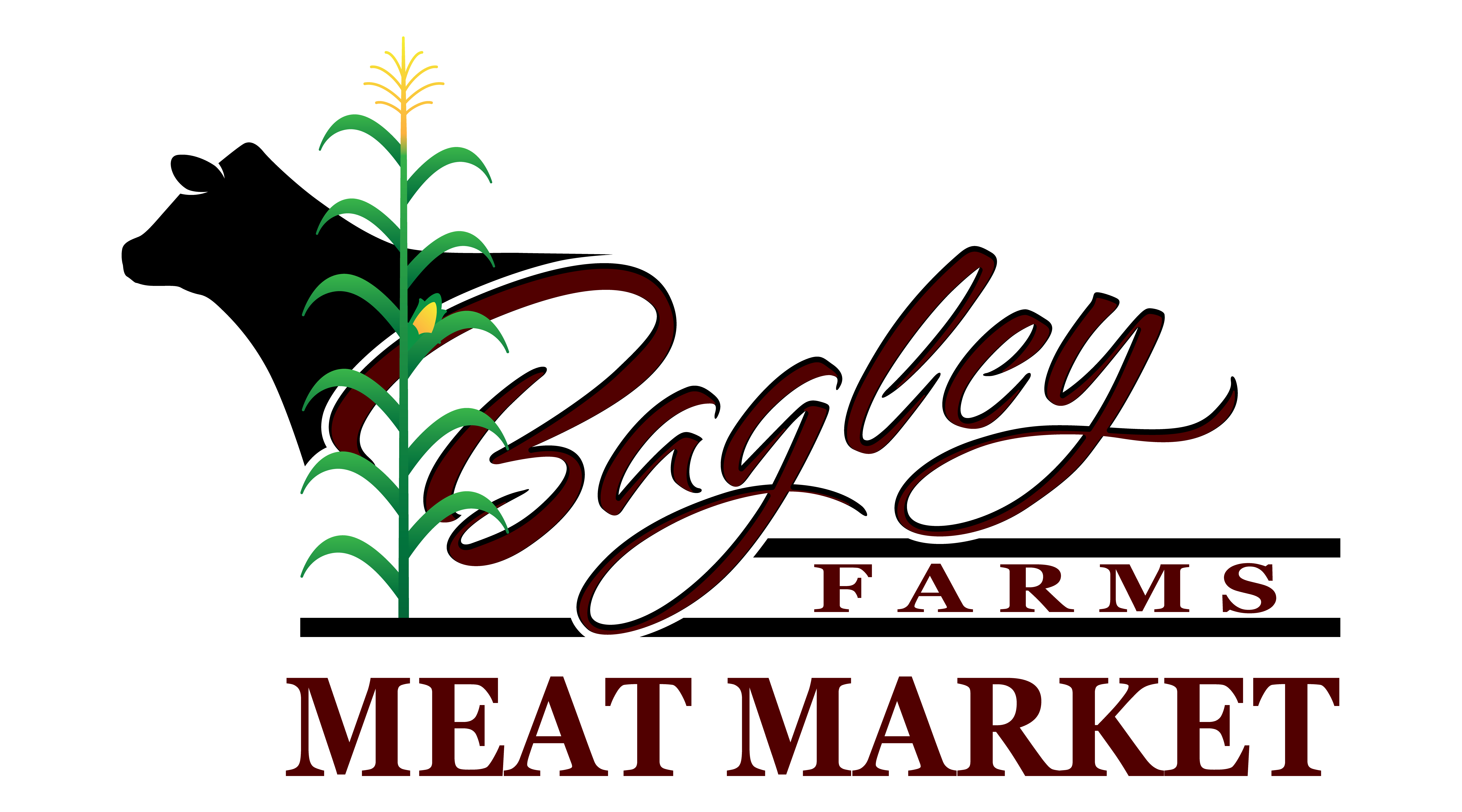Why Buying at a Local Meat Market Guarantees Fresh, High-Quality Cuts
Buying at a regional meat market supplies distinctive benefits that usually go undetected by customers accustomed to bigger retail chains. The effects of picking regional extend past instant benefits, prompting a better evaluation of what this option genuinely implies for both consumers and the neighborhood economic situation.
Advantages of Local Sourcing
In the world of food procurement, the benefits of neighborhood sourcing stand apart plainly. By purchasing meat from neighborhood markets, customers gain straight accessibility to items that are commonly fresher and a lot more tasty than those discovered in larger, industrial grocery stores. Regional sourcing decreases the time and range food travels from farm to table, which not only boosts preference however additionally protects nutritional worth.

Additionally, neighborhood sourcing typically provides openness regarding the origins of the meat. Consumers can inquire about the farming techniques used, animal well-being requirements, and whether the meat is natural or grass-fed. This information empowers customers to make enlightened choices lined up with their worths.
Quality Control Standards
Local meat markets usually follow rigorous top quality control standards that guarantee the items offered satisfy high security and freshness standards. These requirements commonly include different phases of the meat manufacturing process, from sourcing to managing and storage space.
First, neighborhood markets typically develop rigorous supplier standards, guaranteeing that only reputable ranches and manufacturers are utilized - bagley meat market edwardsville il. This lowers the probability of contamination and advertises higher pet well-being requirements. Additionally, several neighborhood meat markets execute regular evaluations to verify that the meat is processed under hygienic conditions, further lessening health dangers
Temperature level control is one more essential facet of quality control. Regional meat markets regularly keep track of refrigeration systems to preserve optimum storage temperatures, making certain that meat stays fresh and risk-free for consumption. The execution of traceability systems permits markets to track the beginning of their products, supplying openness and accountability.
Lastly, staff at neighborhood meat markets are frequently trained to acknowledge indicators of wasting and understand correct handling techniques. This commitment to quality assurance not just raises the total standard of the meat but likewise fosters customer depend on, making regional meat markets a trustworthy resource for high-quality cuts.
Sustaining Local Farmers
Supporting local farmers is important for fostering a lasting food system and enhancing community resilience. When customers pick to patronize regional meat markets, they directly contribute to the incomes of farmers in their region. This not only supports the local economy yet additionally reinforces the farming field, making certain that it continues to be lively and sensible.


Moreover, sustaining neighborhood farmers fosters a sense of community and connection between manufacturers and consumers. It encourages openness in food sourcing and instills count on, as clients can develop connections with the people who increase their food. This straight link ultimately brings about an extra involved and educated public, which is crucial for advocating for sustainable farming methods in the future.
Sustainable Practices
Lasting methods in meat markets play a critical function in advertising ecological stewardship and making certain my review here pet well-being. Regional meat markets typically focus on sourcing their products from ranches that execute lasting and honest farming methods. These practices consist of rotational grazing, which helps preserve dirt health and minimizes carbon discharges, together with lessening using anti-biotics and hormonal agents in livestock.
Furthermore, neighborhood meat markets commonly highlight openness in their supply chains. Consumers are provided with details relating to the origin of their meat, permitting them to make informed selections that line up with their values. By sustaining local farmers who practice lasting approaches, customers add to the preservation of biodiversity and the decrease of transportation emissions connected with long-distance meat distribution.
In addition, numerous local meat markets participate in waste decrease approaches, such as making use of every component of the animal and advertising off-cuts that may otherwise go unsold. By fostering an extra sustainable approach to meat intake, these markets not only give high-quality items however additionally contribute favorably to the environment and pet well-being. Fundamentally, purchasing at a local meat market aligns consumers with a more comprehensive activity towards accountable and moral food sourcing.
Personalized Customer Support
Shopping at a meat market commonly incorporates even more than just the products provided; it is likewise concerning the experience and the partnerships developed in between consumers and staff. Customized customer care is a characteristic of regional meat markets, establishing them besides larger grocery chains. Experienced staff put in the time to recognize individual customer preferences, guaranteeing that each go to is customized to particular needs.
Customers gain from professional recommendations on cuts, cooking methods, and preparation ideas, fostering a sense of trust fund and loyalty. This tailored communication permits consumers to ask concerns and seek recommendations, leading to informed purchasing decisions. Team members usually remember routine customers and their choices, creating a welcoming atmosphere that grows community ties.
Moreover, tailored solution includes special demands, such as custom cuts or details preparation approaches, which larger stores might not accommodate. This level of focus reinforces the commitment of neighborhood meat markets to top quality and consumer satisfaction.
Fundamentally, individualized consumer solution not just improves the shopping experience yet likewise ensures that customers entrust to the finest items suited to their cooking needs, making every visit a gratifying one.
Verdict
Finally, shopping visit site at a neighborhood meat market offers numerous benefits, consisting of remarkable quality and top quality as a result of minimized travel times. Rigorous quality control procedures enhance transparency and ensure high requirements for items. Supporting regional farmers fosters community connections and strengthens the neighborhood economy, while sustainable practices contribute to ecological stewardship. Additionally, individualized customer service boosts the buying experience, making regional meat markets a preferred option for consumers seeking both high quality and ethical considerations in their food sourcing.
The implications of selecting neighborhood expand past prompt advantages, motivating a more detailed evaluation of what this option really means for both consumers Continue and the regional economic situation.
Sustaining regional meat markets also adds to the regional economic climate. Neighborhood meat markets frequently monitor refrigeration systems to preserve optimum storage temperatures, making sure that meat remains fresh and secure for consumption.Neighborhood farmers are often more attuned to the specific requirements of their neighborhoods, raising and growing crops livestock that align with neighborhood tastes and choices. Sustaining local farmers fosters neighborhood partnerships and enhances the local economic climate, while lasting techniques add to ecological stewardship.